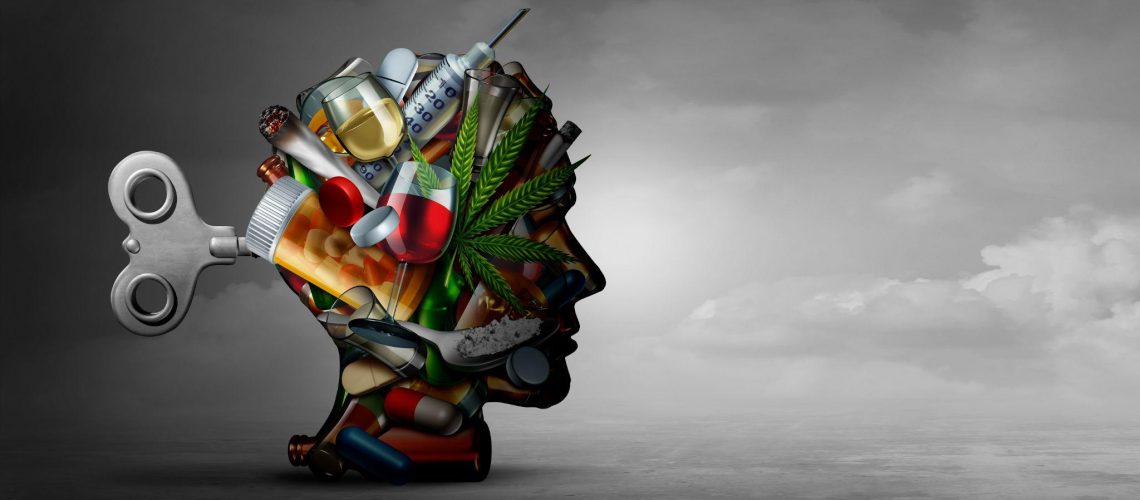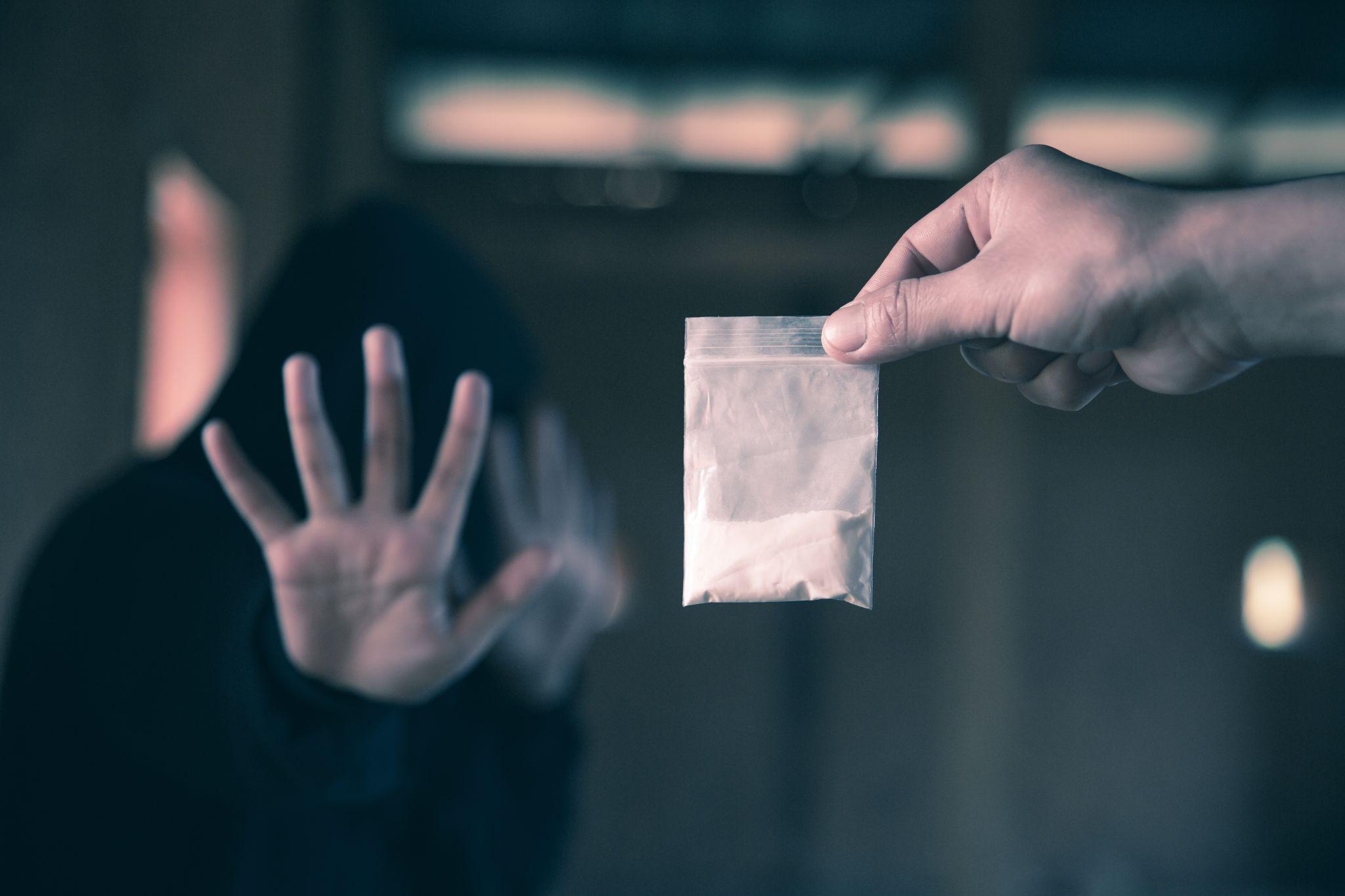Structure and routine are vital in recovery. Without a healthy routine, it’s easy to fall back into old habits and unhealthy ways of dealing with stress. A well-designed recovery plan can help keep you on track and ensure you have the support you need for long-term sobriety.
Keep reading to learn the importance of a recovery plan post treatment.
What Is a Sober Recovery Plan?
Also called aftercare, a sober recovery plan provides a step-down from a higher level of care. It helps you transition from the intensive daily schedule of an inpatient rehab program to daily life back at home.
You worked hard to get sober, but completing an addiction treatment program is just the beginning. Triggers in your home environment can feel overwhelming, and this is where a sober recovery plan can help.
The Substance Abuse and Mental Health Services Administration (SAMHSA) has identified four major dimensions of recovery:
- Health – Making healthy, well-informed choices that support physical and emotional well-being.
- Home – Having a safe and stable place to live.
- Purpose – Engaging in meaningful daily activities, such as work, school, creative projects, volunteer work, or family caretaking, and being financially stable.
- Community – Having a supportive network of sober peers that offer friendship, love, and hope.
A well-designed recovery plan will address all four of these pillars, with a special emphasis on community.
Having a network of supportive peers is vital in recovery. Knowing you can always call on trusted confidants or go to 12-step meetings or support groups can help you make it through difficult or stressful times.
Our Evolving Understanding of Addiction and SUDs
Views about addiction have changed in recent decades. Today, the medical community believes substance use disorders (SUDs) should be treated like other chronic conditions, from diabetes to asthma.
Just like other chronic conditions, relapses are common with SUDs. According to the National Institute on Drug Abuse, the relapse rate for SUDs is estimated to be between 40%-60%. For comparison, the relapse rates for both hypertension and asthma are 50%-70%.
Setbacks are a normal part of life. A recovery community can be life changing, supporting you through both tough times and sobriety milestones.
Components of a Successful Recovery Plan
The recovery process is highly personal and can include clinical treatment, medication assistance, peer support, family support, psychotherapy, faith-based approaches, holistic therapies, and more.
There’s no perfect, one-size-fits-all recovery plan. As you approach the end of a treatment program, you’ll likely spend time with your case manager creating a personalized aftercare plan.
Common components of an effective aftercare plan may include:
- Moving into sober living
- Transitioning into an intensive outpatient program (IOP)
- Attending individual, group, or family therapy sessions
- Going to recovery meetings or support groups, such as 12-step
- Participating in your treatment provider’s alumni program
- Establishing a set network of sober peers
- Finding a sponsor or sober mentor
- Establishing healthy habits, including a good nutrition plan, exercise regimen, and sleep and stress management
- Learning relapse prevention skills
Your case manager will work with you to develop an aftercare program that meets your needs and goals.
Therapy as Part of a Recovery Program
Psychotherapy sessions with a trained therapist—whether in one-on-one sessions, in groups, or with family members—can be an important part of healing and recovery.
People often use drugs or alcohol to cope with negative thoughts, feelings, or emotions that stem from unaddressed trauma, anxiety disorders, or depression. While individual and group therapy sessions are typically an integral part of addiction treatment programs, you may benefit from ongoing counseling after treatment.
A licensed therapist will help you continue to work through underlying issues that may have led or contributed to your substance abuse.
Your therapist may use evidence-based tools like cognitive behavioral therapy (CBT) to help you identify unhelpful thought patterns and distortions that create problems. CBT helps you reevaluate these thoughts in a more clear-headed way. This is just one of many kinds of therapeutic tools that may help you.
Alumni Programs After Treatment
Rehab alumni programs help you stay connected to sober peers and staff who can offer advice, encouragement, and friendship after treatment.
Many alumni programs host regular events, including 12-step meetings and celebrations for milestone achievements. Some also host fun recreational outings—to a bowling alley or the beach, for example.
These programs help reduce the risk of relapse by making sure you don’t feel isolated. Being surrounded by peers who understand what it’s like to go through rehab and come out on the other side can be transformative.
Examples of rehab alumni program activities include:
|
|
|
|
|
|
|
|
|
|
|
|
|
|
To reduce your risk of relapse, look for a treatment provider that offers an alumni program. You can request to join after treatment.
Aftercare Programs Reinforce Accountability
A recovery program not only provides ongoing support, but it also helps you stay accountable. It’s easier to stay committed when you’re surrounded by peers and activities that keep you inspired to be your best self.
Recovery is a journey. Living a life of passion and purpose, engaging with your favorite hobbies, and staying connected to your core values are all part of living a meaningful, fulfilling life in recovery.
Get Help Today
If you are struggling with a substance use disorder (SUD) and are ready to make a change, Del Arroyo Recovery Center is here for you. We offer comprehensive addiction treatment services at our private Southern California rehab center in Agoura Hills, CA.
Our dedicated team prioritizes aftercare as a critical component of our inpatient residential programs. Our staff will work with you to ensure you have the ongoing support you need.
Treatment is just the beginning of your recovery journey. Get in touch today at (877) 535-0636 to learn more about our approach to relapse prevention and aftercare.


